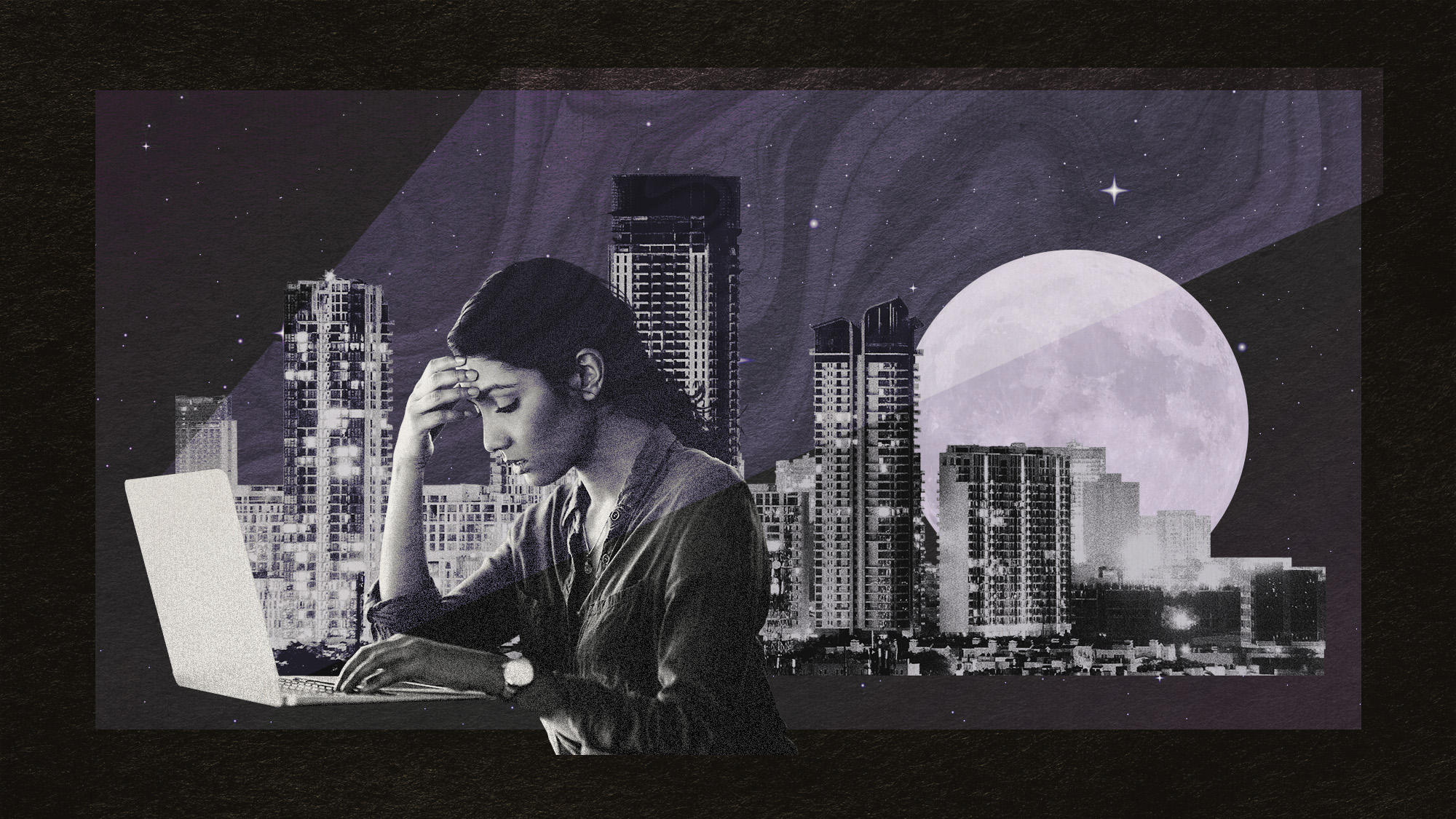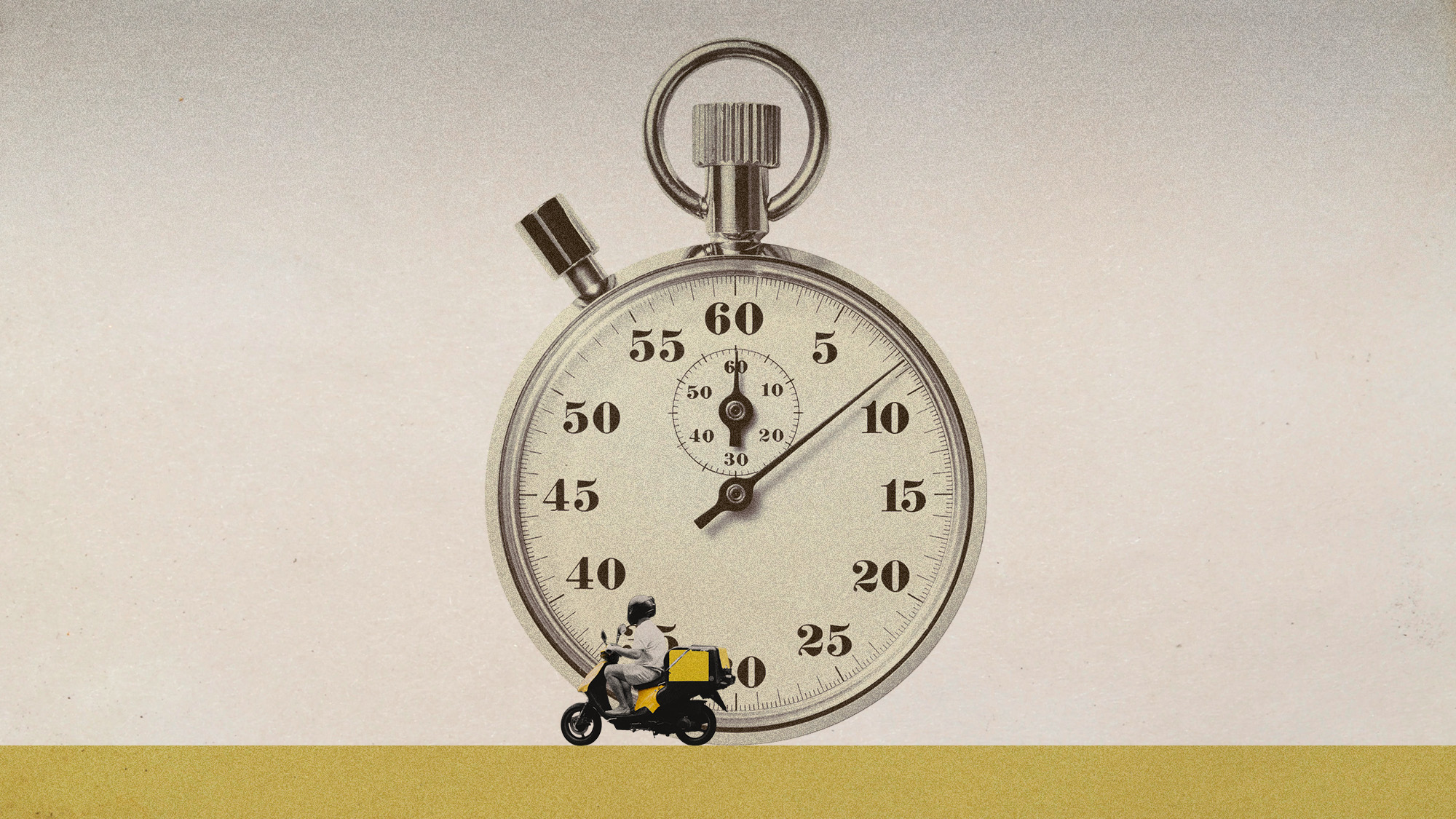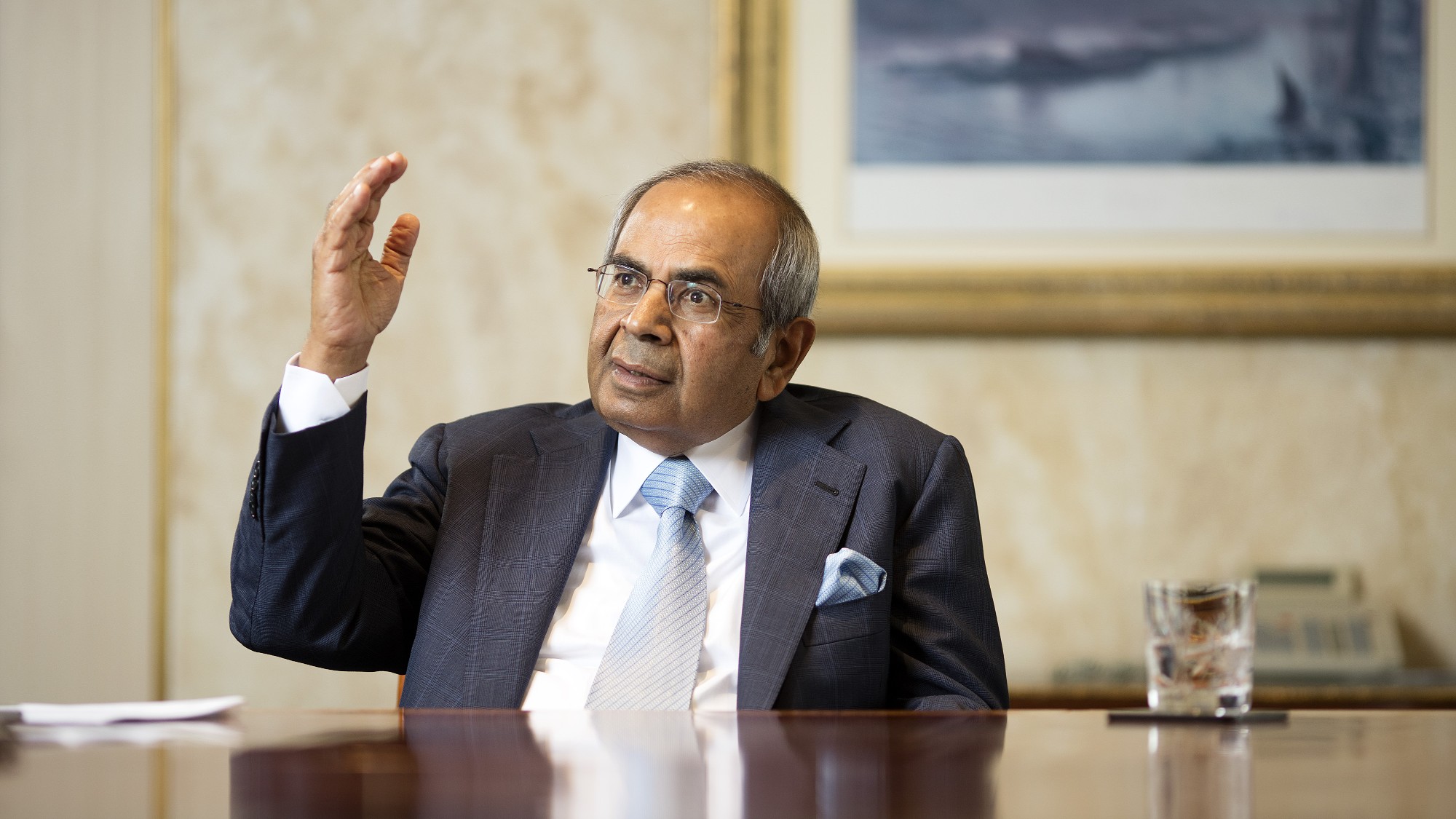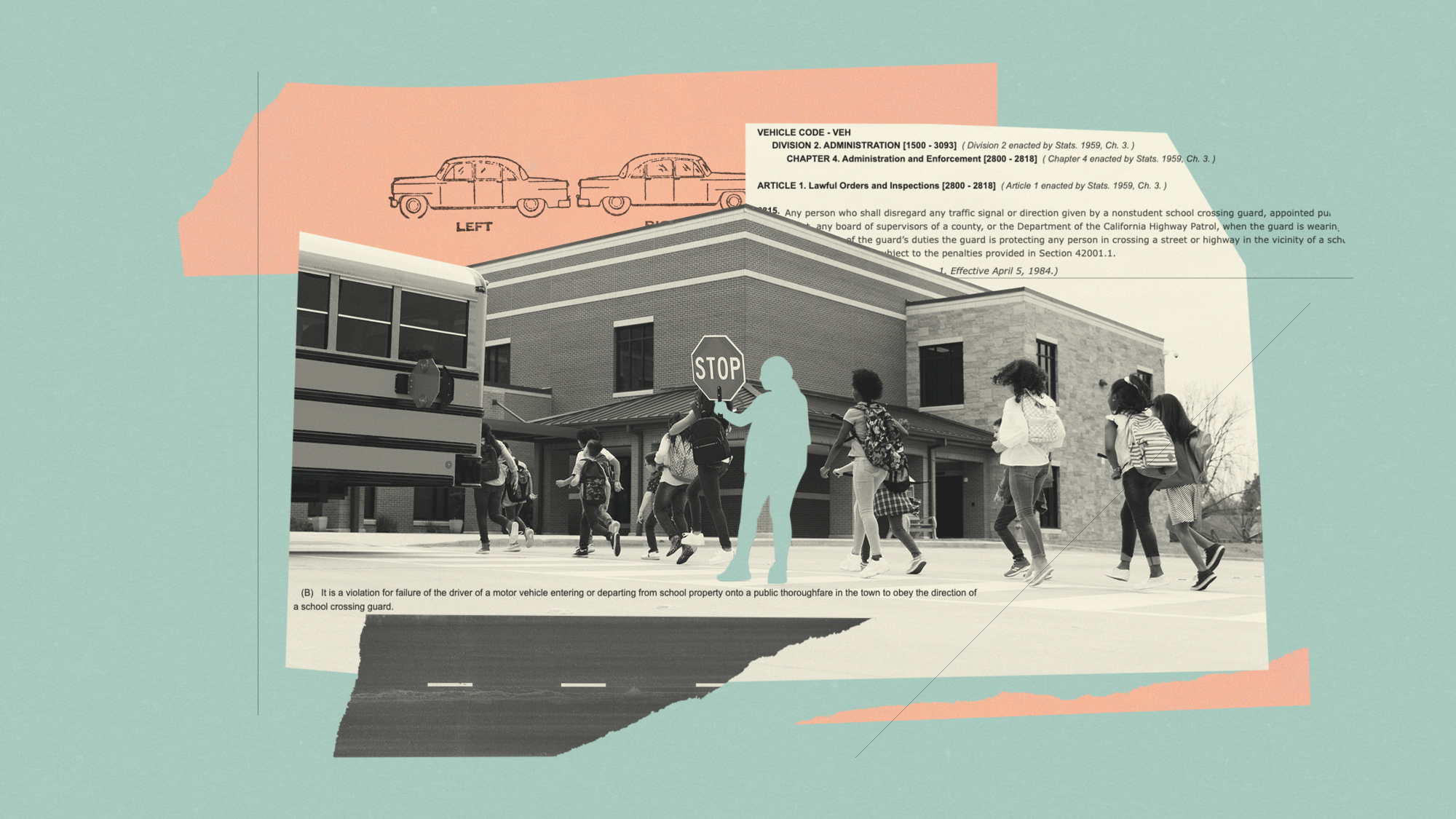India's lengthening working week
Fourteen-hour work days, meetings during holidays, and no overtime are just part of the job in India's workplace culture

A free daily email with the biggest news stories of the day – and the best features from TheWeek.com
You are now subscribed
Your newsletter sign-up was successful
India's notoriously intense workplace culture is under renewed scrutiny after the death of a young woman at a leading accounting firm.
Anna Sebastian Perayil, a 26-year-old accountant, died four months after joining the India offices of Ernst & Young (EY). Her mother wrote to the EY India chairman blaming her daughter's death on the "overwhelming work pressure", in a letter that went viral.
Relentless demands
Anita Augustine alleged that her daughter had experienced "anxiety and sleeplessness" soon after joining EY, struggling with the "workload, new environment and long hours".
The Week
Escape your echo chamber. Get the facts behind the news, plus analysis from multiple perspectives.

Sign up for The Week's Free Newsletters
From our morning news briefing to a weekly Good News Newsletter, get the best of The Week delivered directly to your inbox.
From our morning news briefing to a weekly Good News Newsletter, get the best of The Week delivered directly to your inbox.
"She was trying to prove herself in a new environment, and in doing so, she pushed herself beyond her limits," the email said. Augustine added that her daughter's experience "sheds light on a work culture" that "seems to glorify overwork while neglecting the very human beings behind the roles".
The "relentless demands and the pressure to meet unrealistic expectations" are "not sustainable, and they cost us the life of a young woman with so much potential", added Augustine.
The official cause of Perayil's death is still unclear. But Perayil's father believes his daughter died of a combination of conditions including work stress and insomnia.
"Anna was unable to sleep on most days and couldn't eat on time," he told The News Minute. "After a whole night of work, she would have to wake up at 7.30 the next morning and repeat the same cycle."
A free daily email with the biggest news stories of the day – and the best features from TheWeek.com
EY told Business Insider that it was "taking the family's correspondence with utmost seriousness and humility", and called Perayil's death an "irreparable loss".
High pressure
Fourteen-hour work days, meetings during holidays, and no overtime. To some, this may sound like a job from hell. But for many employees in India, it's standard office life.
India has one of the toughest work cultures in the world. In 2022, according to the most recently available data from the International Labour Organization, the average employee in India worked 46.7 hours a week, compared to about 36 in the UK.
Not only are employees in India working long hours, but many are also doing it under intense pressure. "The pressure is very, very high," Jennifer Hephzibah, a senior HR professional in India, told Business Insider, because "if you don't deliver", you "either lose your bonus, or you lose your job" and "it doesn't matter what you're going through otherwise".
A Boston Consulting Group survey of 11,000 workers in eight countries in October 2023 found that 58% of Indian respondents reported feeling burned out – the highest share of any of the countries, including the US (50%), the UK (47%), and Japan (37%).
Last autumn the co-founder of Infosys, Narayana Murthy, suggested that young Indians should work 70-hour weeks to boost the economy, telling The Record that India's work productivity is "one of the lowest in the world".
But Chandrasekhar Sripada, a professor at the Indian School of Business, said that things should move in the other direction, telling the BBC that Scandinavian countries "have already created much gentler working environments, so there are models for India to follow" and "all it needs is willpower".
Harriet Marsden is a senior staff writer and podcast panellist for The Week, covering world news and writing the weekly Global Digest newsletter. Before joining the site in 2023, she was a freelance journalist for seven years, working for The Guardian, The Times and The Independent among others, and regularly appearing on radio shows. In 2021, she was awarded the “journalist-at-large” fellowship by the Local Trust charity, and spent a year travelling independently to some of England’s most deprived areas to write about community activism. She has a master’s in international journalism from City University, and has also worked in Bolivia, Colombia and Spain.
-
 How the FCC’s ‘equal time’ rule works
How the FCC’s ‘equal time’ rule worksIn the Spotlight The law is at the heart of the Colbert-CBS conflict
-
 What is the endgame in the DHS shutdown?
What is the endgame in the DHS shutdown?Today’s Big Question Democrats want to rein in ICE’s immigration crackdown
-
 ‘Poor time management isn’t just an inconvenience’
‘Poor time management isn’t just an inconvenience’Instant Opinion Opinion, comment and editorials of the day
-
 Ski town strikers fight rising cost of living
Ski town strikers fight rising cost of livingThe Explainer Telluride is the latest ski resort experiencing a patroller strike
-
 Blinkit: India’s 10-minute delivery app
Blinkit: India’s 10-minute delivery appUnder The Radar Market pressures and rider unrest are casting a shadow over leading player
-
 Employees are branching out rather than moving up with career minimalism
Employees are branching out rather than moving up with career minimalismThe explainer From career ladder to lily pad
-
 Out of office: Microretirement is trending in the workplace
Out of office: Microretirement is trending in the workplaceThe explainer Long vacations are the new way to beat burnout
-
 Gopichand Hinduja and the rift at the heart of UK’s richest family
Gopichand Hinduja and the rift at the heart of UK’s richest familyIn The Spotlight Following the death of the patriarch, the family’s ‘Succession-like’ feuds are ‘likely to get worse’
-
 Being a school crossing guard has become a deadly job
Being a school crossing guard has become a deadly jobUnder the Radar At least 230 crossing guards have been hit by cars over the last decade
-
 Will latest Russian sanctions finally break Putin’s resolve?
Will latest Russian sanctions finally break Putin’s resolve?Today's Big Question New restrictions have been described as a ‘punch to the gut of Moscow’s war economy’
-
 Rising costs are making it harder for people to afford pets
Rising costs are making it harder for people to afford petsUnder the Radar Shelters are filling up as a result